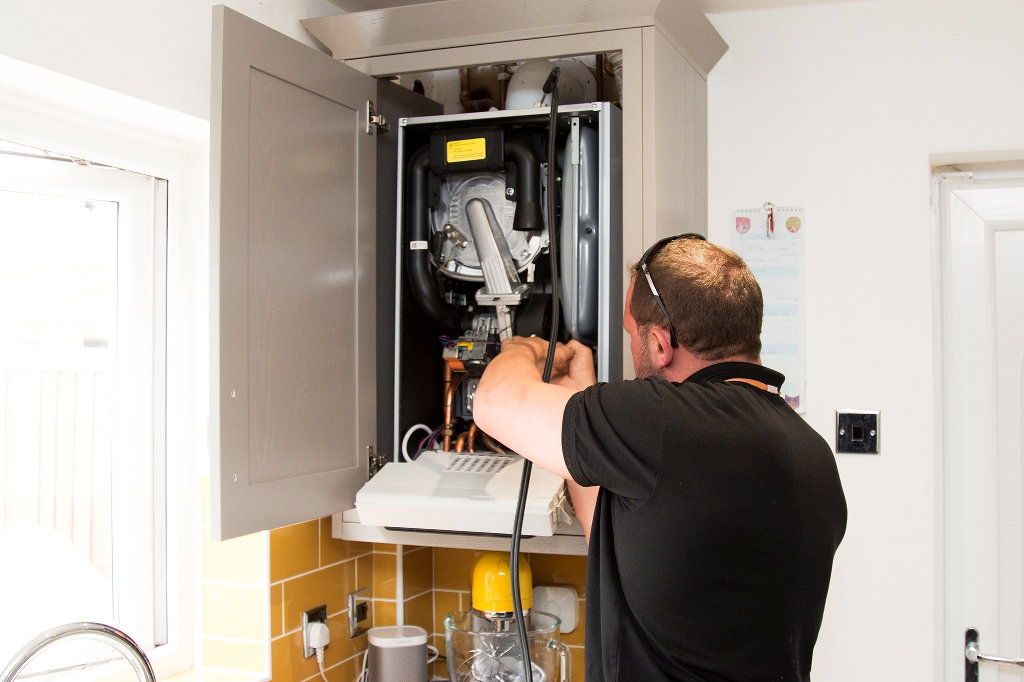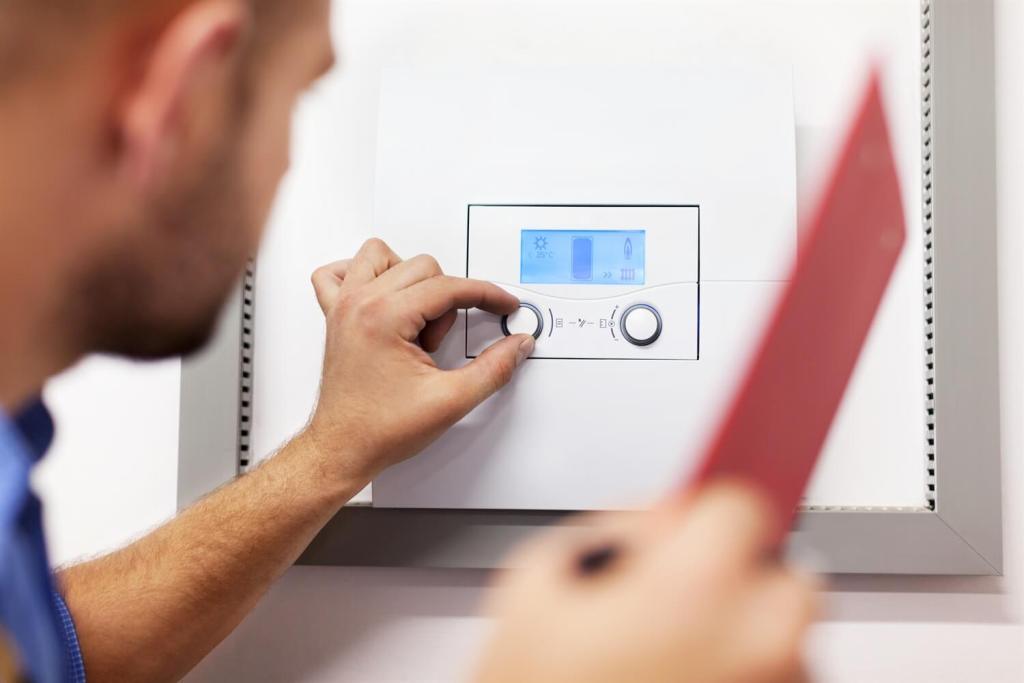One of the main reasons for conflict between owners and tenants concerns the distribution of costs in the case of boiler repairs as well as all the operations related to its management: maintenance, overhaul and replacement.
In fact, when the boiler of a rented house shows a failure it is never clear if the repair is up to the owner or the tenant.
Boiler repair by the tenant
The small maintenance that competes with the tenant of a house is therefore made up of those repairs due to the natural deterioration attributable to the daily use of the boiler.
These jobs do not include repairs due to the age of the object or due to causes independent of human will.

The costs relating to the use of the boiler by the tenant are therefore:
- replacement of equipment due to accidental damage caused by him (valves, gate valves, circulation pumps, etc.)
- annual cleaning of the systems (filter cleaning, smoke control, etc.)
- costs for the seasonal start-up of the plant and for set-aside at the end of the winter.
In the event of replacement of parts whose breakage was caused by the tenant, he may choose the brand and model, as long as they are compatible with the damaged boiler.
I am also in charge of him:
- heat supply costs (electricity, water and gas bills)
- the purchase of fuel
- meter reading
- the ASL tax related to the verification of the plant.
The tenant is also responsible for the expenses for periodic maintenance of the boiler and the control of the fumes.
The tenant, in fact, when he goes to live in a house, assumes the role of head of the plant and as such is required to perform these duties.
He will therefore have to pay the expenses for periodic maintenance, self-certification and remuneration to the maintenance staff.
Failure to periodically service maintenance can cause boiler failure. Therefore, if the breakage is attributable to this lack, the tenant is responsible and the expense for the repair is at his expense.
Boiler repair under the responsibility of the owner
The replacement of the boiler or its parts or components is the responsibility of the owner, unless the fault is due to negligence on the part of the tenant.
In practice, if the boiler breaks and the damage is caused by age or unforeseeable circumstances, the owner must provide for the replacement of the heat generator or its spare parts.
Thus, from the replacement of the Chrono thermostat to that of the burner up to other components of the hydraulic system linked to the boiler, the costs must be paid by the owner of the house.
The owner must provide repair in a timely manner, to prevent the tenant from proceeding independently out of necessity and then not only expenses but also compensation for damages.
What to do when the owner refuses to pay the boiler repair costs
In case of breakdown, the tenant must promptly inform the owner and request it until his intervention.

The operation of the boiler is indeed essential, especially in the middle of winter. You cannot remain without heating or wash with cold water, so it is necessary to intervene as soon as possible.
If the owner fails to do so, the tenant can do so personally by anticipating the expenses. Since these are indispensable interventions for the correct enjoyment of the leased asset, the law allows it to act even without the owner’s authorization and even if he denies it.
In this case, they will receive:
- compensation for damages
- reimbursement of upfront costs for repair.
The tenant must request a refund from the owner, but cannot deduct the sum from the rent, reducing the rent. The law in fact considers these two expenses not countervail able.
As you can imagine, then, if the owner refuses to compensate for the upfront expenses, the only solution for the tenant will be to start a lawsuit.
Boiler repair in condominium
In the case of a condominium heating system and a common boiler, the expenses, managed by the administrator, will have to be divided between the various condominiums according to property thousandths.
Conclusions
To avoid future disagreements on the distribution of boiler repair costs, I advise you to put everything clearly in writing within the rental contract.
Beyond those that are the normative dispositions, in the contract they can in fact insert also possible exceptions.
Only if clearly expressed in black and white and accepted by both parties, these provisions can be used as a reference in the event of boiler failure.

